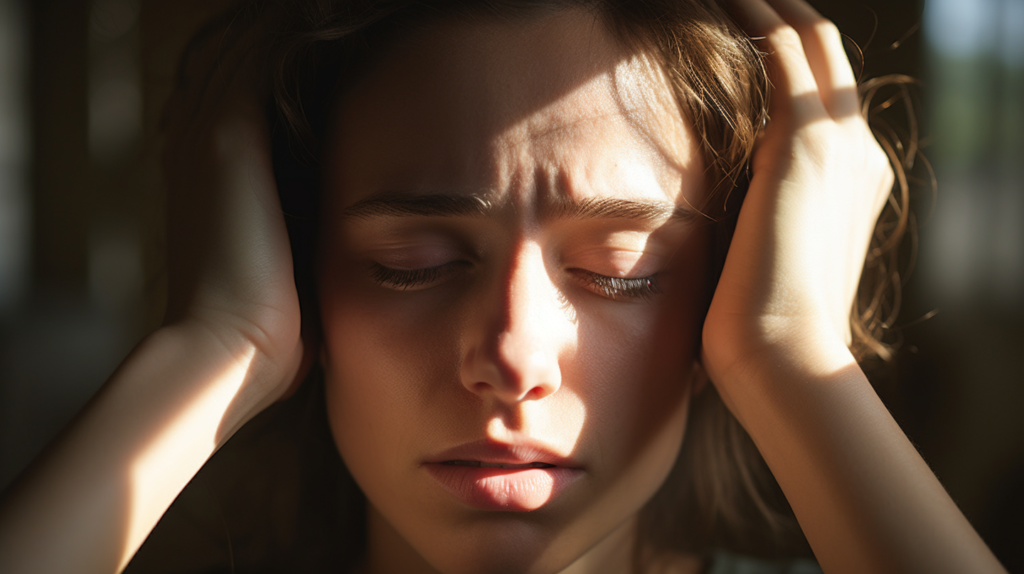It’s Everywhere and It’s Very Socially Acceptable…it’s Alcohol!
Alcohol is enmeshed within Australian culture. There are very few adults that don’t consume alcohol. Have you ever been to a BBQ where there was no alcohol? I would assume not. A drink once in a while is fine, but it is important to remember that alcohol is a drug, and overconsumption can have some very bad effects on both the mind and body.
Alcohol – Is There a Safe Amount?
Alcohol when used in moderation is fairly low risk. The official government guidelines recommend two standard drinks per day for women and no more than four standard drinks per day for men.
High risk drinking, any intake above the recommended allowance, including binge drinking, can seriously put your health at risk. Excessive drinking, even if it’s only once or twice a week, can cause health problems, increase the risk of injury and accidents, and affect relationships with those that are close to you.
Depending on how much is consumed and the physical condition of the individual, alcohol may cause:
- Slurred speech
- Drowsiness
- Upset stomach, vomiting, diarrhoea
- Headaches
- Breathing difficulties
- Distorted vision and hearing
- Impaired judgement, decreased perception and coordination
- Anaemia (loss of red blood cells)
- Blackouts (memory lapses, where the drinker cannot remember events that occurred while under the influence), unconsciousness, coma
- The effect of alcohol and other drugs combined is unpredictable – mixing drugs can greatly increase the effect of all the drugs taken
Long-Term Effects of Alcohol
Binge drinking and continued alcohol use in large amounts are associated with many health problems, including:
- Unintentional injuries such as car crash, falls, burns, drowning
- Increased family problems, broken relationships
- Alcohol poisoning, liver disease, cancer of the mouth and throat
- High blood pressure, stroke, and other heart-related diseases
- Nerve damage, permanent damage to the brain
- Sexual problems
- Vitamin B1 deficiency, which can lead to a disorder characterized by amnesia, apathy and disorientation
- Ulcers, gastritis (inflammation of stomach walls)
- Malnutrition
Alcohol Withdrawal
If someone who is physically dependent on alcohol suddenly stops drinking, they will experience withdrawal symptoms due to their body having to readjust to functioning without alcohol. Withdrawal symptoms may include:
- loss of appetite
- nausea
- anxiety
- insomnia
- irritability
- confusion
- tremors
- sweating
In the more severe cases, withdrawal can cause convulsions, cramps, vomiting, delusions, hallucinations, and even death. If someone who wishes to withdraw from alcohol, they should first visit a health professional, who will help them navigate through the process safely.
How Chinese Medicine Can Help Patients With Alcohol Dependence
When consumed in small quantities, alcohol stimulates blood circulation, reduces haematoma (bruises), vitalizes blood, drives out “wind” and dispels “cold” symptoms, transports medicaments (used in herbal tinctures) and disperses bad influences.
However, when alcohol is abused it often creates imbalances within the Liver and Gall Bladder organ systems; as the liver is the organ that metabolises and clears the blood of alcohol. Excessive alcohol intakes can also create a combination of excessive dampness and heat, known together as damp-heat. Damp-heat impedes the flow of qi and blood throughout the body creating disharmony, with not only the liver but other organ-energy systems of the body.
Many drugs are metabolised and processed through the Liver, so the Liver may become toxic, excessively heated and congested from processing these drugs. Furthermore, the Liver Blood may become weaker and deficient when the Liver is overburdened with toxicity and heat. Long-term consumption of alcohol damages the mind, impairs the stomach, exhausts the blood and Jing and leads to a whole array of health problems listed above.
How Does Acupuncture Help With Alcohol Addiction?
Acupuncture works to treat more than just the alcohol addiction. Acupuncture clears the toxins from the liver system, rebalances the body so that you are able to function without alcohol, treats the emotional ties to the addiction, and has a calming effect on the nervous system.
Getting acupuncture treatments which at least include ear acupuncture and/or the NADA (National Acupuncture Detoxification Association) protocol for detox ear acupuncture, can also be VERY helpful for many patients.
You should see a TCM practitioner for advice specific to your condition. He or she will advise how Chinese herbs should be taken and which herbs or formulas would be best for your constitution and condition.




